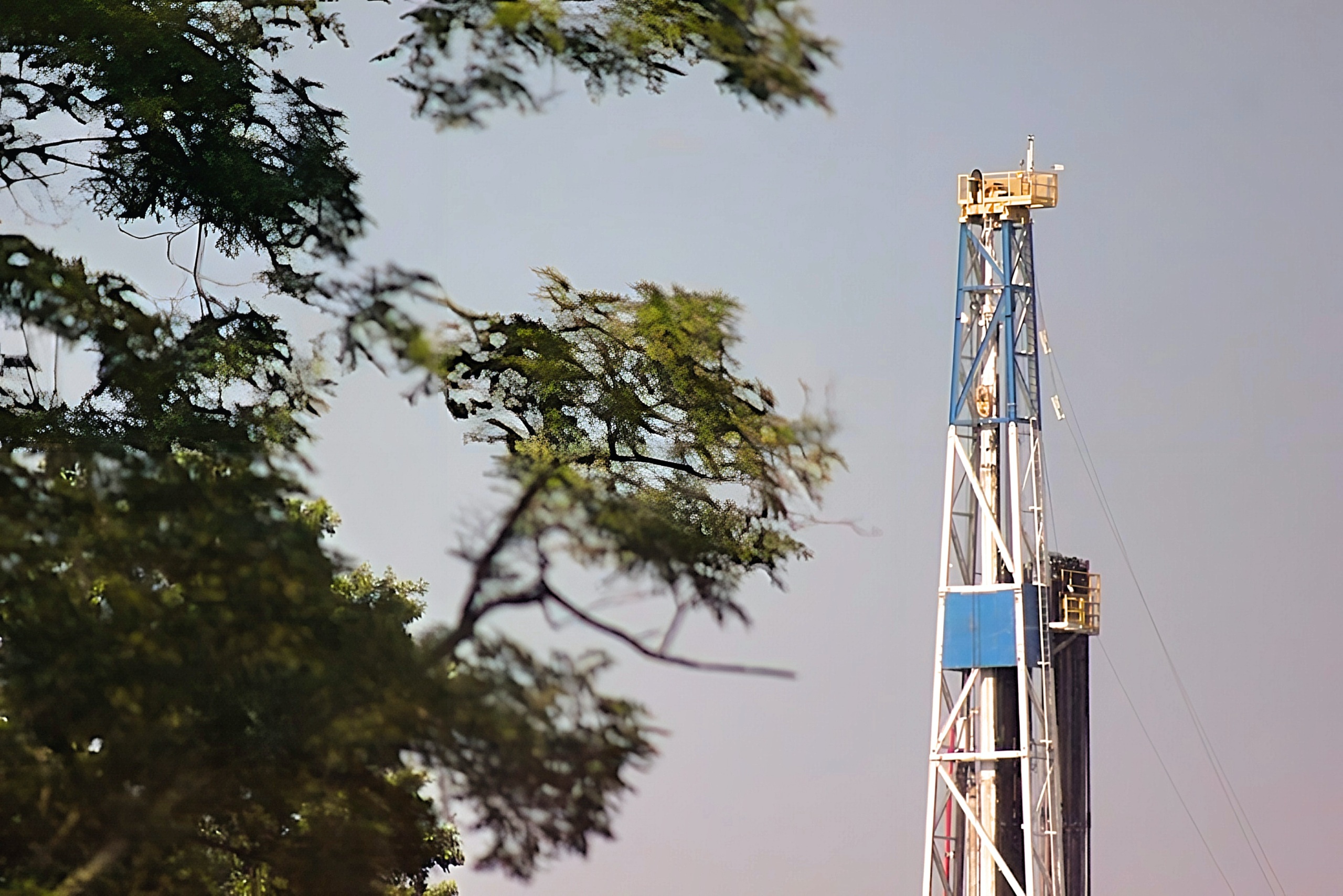
Testimony: Producer Responsibility for Packaging
Environment Maryland and Maryland PIRG are pleased to support HB307/SB292 to improve recycling programs in Maryland, reduce waste, and save taxpayer money.
HB307/SB292 – Environment – Packaging, Containers, and Paper Products – Producer Responsibility
February 2, 2022
Position: Favorable
Environment Maryland and Maryland PIRG are pleased to support HB307/SB292 to improve recycling programs in Maryland, reduce waste, and save taxpayer money.
It is no secret that we have a waste problem in this state and country – in fact, the U.S. throws out enough plastic approximately every 11 hours to fill the Ravens stadium, and that amount is increasing.
Municipalities across the state and country are struggling to support recycling programs while facing an ever increasing stream of hard to recycle waste from the products we buy. Our recycling rates are low, people have lost faith in the recycling system, and recycling markets for our plastic waste are less and less reliable, all because producers continue to make wasteful, often non-recyclable products with no responsibility for management. HB307 can help address these problems by requiring that producers support infrastructure to manage packaging waste, while incentivising them to make more recyclable products.
Our report “Break the Waste Cycle” details how producer responsibility has proven to be an effective approach to reducing waste and improving recycling. Such laws already exist in jurisdictions around the world, and they are working well to manage packaging and provide safe disposal for polluting and hazardous items. From Maine to Oregon, states are beginning to take action, and Maryland should join them.
Consumers are frustrated by the lack of sustainable options on the shelf, and the ease in which they should be able to recycle. At the same time, companies that produce wasteful single-use plastic products, beverage containers, and other waste that litters our communities, fills our landfills, and is burned in our incinerators have avoided paying up for decades. A big reason why packaging pollution is on the rise is because producers are absolved of all responsibility for where their products end up, and whether their products are labeled correctly. That leaves you and me with confusion and limited choices, meanwhile footing the bill for managing the waste. This law begins to change that by requiring producers to bear some of the costs of our recycling system.
To be clear: recycling can’t solve our waste problem by itself. That’s why we support a strong producer responsibility law that encourages not only more recyclable packaging, but less packaging, period. With that said, we must also aggressively enact measures to reduce waste and move away from packaging that causes harm to the planet and public health in its production and disposal. Maryland has already been a leader on that front by passing the nation’s first ban on foam food packaging; but there is certainly more we can do.
To achieve the reduction in packaging we want to see, it will be critical that the Maryland Department of the Environment and your Committees watchdog implementation, and ensure that a program actually rewards reusable and truly recyclable–not hypothetically recyclable–products.
Del. Lierman and Sen. Augustine have put TREMENDOUS effort into this bill over the interim and we thank her for working so closely with environmental advocates and industry to reach a workable bill. As we move forward to pass a bill in 2022, we must maintain proper guardrails to ensure effective enforcement of this bill and independent oversight of industry. For example, no money from this program or state dollars should be used to subsidize the conversion of plastic waste to fossil fuels and feedstocks, so-called “advanced-recycling” or incineration of waste.
Ultimately, Environment Maryland and Maryland PIRG would like to see more emphasis put on waste reduction, especially for single-use packaging and priority single-use products. We all know the saying, “reduce, reuse, recycle,” but too often we forget: It’s reduce first, then reuse, and when all else fails: recycle.
I know that we share the goal of solving our waste problem and turning back the tide on packaging pollution. Producer responsibility is a critical tool in achieving a zero waste future. We respectfully urge a favorable report.
Topics
Authors
Emily Scarr
State Director, Maryland PIRG; Director, Stop Toxic PFAS Campaign, PIRG
Emily directs strategy, organizational development, research, communications and legislative advocacy for Maryland PIRG. Emily has helped win small donor public financing in Baltimore City, Baltimore County, Howard County, Montgomery County, and Prince George's County. She has played a key role in establishing new state laws to to protect public health by restricting the use of antibiotics on Maryland farms, require testing for lead in school drinking water and restrict the use of toxic flame retardant and PFAS chemicals. Emily also serves on the Executive Committees of the Maryland Fair Elections Coalition and the Maryland Campaign to Keep Antibiotics Working. Emily lives in Baltimore City with her husband, kids, and dog.
Find Out More

Politics of Power:

VR risks for kids and teens

“Certified natural gas” is not a source of clean energy

